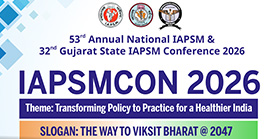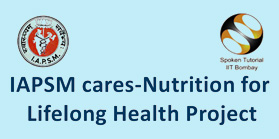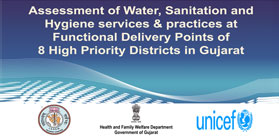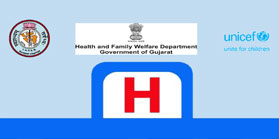Health System and Management:
Understanding of Health system and acquiring skills of health management are assuming importance in protecting and promoting people’s health. Sound epidemiological knowledge and skills are ineffective if it is not complemented with robust Health System and Effective management. Hence it is the high time for every health manager to acquire the managerial understanding and skills.
As a professional body in Public Health; it is our responsibility to act as a catalyst in increasing the quality of health services. This course; Post Graduate Certificate in Health System and Management is an attempt to bridge the gap between technical and managerial worlds for Community Physicians and Public Health experts.
To increase the understanding and develop the skill about Health System and Management in the medical professional is the need of the hour. Increase in managerial competences can result in to effective and efficient Health Care Delivery.
Health System and Management Committee :
IAPSM is committed towards development of its subspecialties Health System and Management under overall umbrella of Community Medicine Discipline. With the same objective IAPSM has constituted Health System and Management Committee.
This committee is dedicated team working for Health System and Management within overall goal and objectives of IAPSM. Committee is responsible for
- Facilitates National level Academic activities like National seminar, workshops, training programs etc. in Health System and Management.
- Carry out research, monitoring and evaluation of health programs/services in the Health System and Management.
- Develop the course, fellowship programs in Health System and Management.
- Develop technical documents e.g. guidelines, training modules, educational literature etc. in Health System and Management.
- Plan action project on capacity buildings, community intervention etc. in Health System and Management.
- Any other activities in Health System and Management which are in line of goal and objectives of IAPSM.












